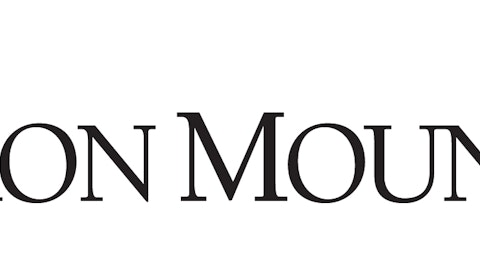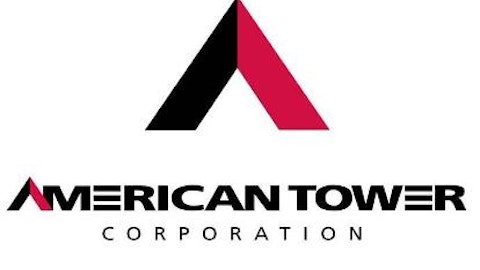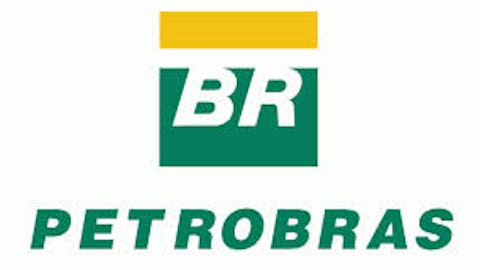Real estate investment trusts (REITs) have delivered strong gains recently as investors have been attracted to income producing assets while interest rates remain pegged near zero. Furthermore, many companies have joined the rush by applying for REIT status, although the IRS has become more scrupulous of this practice. Here, we’ll review four companies that have successfully or unsuccessfully made the switch and highlight the one which appears to be the best investment now.
How REITs work
In order to convert to a REIT, an applicant must satisfy two criteria: it must derive 75% of revenue from rent or real-estate investment income, and it must pay 90% of profits to shareholders as dividends. In return the company receives generous tax incentives and a lower cost of debt because REITs are considered to have lower credit risk. Thus, the converting company gets a double boost in efficiency increasing its earning power.
One less successful attempt to convert to REIT status was undertaken by Iron Mountain Incorporated (NYSE:IRM) and its share price was pummeled as a result. The IRS has become more scrupulous in verifying applicants to dissuade companies from taking advantage of the tax code. Boston based Iron Mountain Incorporated (NYSE:IRM) is a leader in information protection, providing shredding services, data recovery and storage for its mostly corporate client base. In June of 2012, an application for REIT status caused significant expansion of Iron Mountain Incorporated (NYSE:IRM)’s valuation from 1.7 times trailing revenue in May 2012 to 2.3 times one year later while the share price more than doubled. Due to the IRS inquiry the share price has fallen over 25% and interestingly the price to sales multiple has returned its valuation before the application. This demonstrates how highly the market values REIT status both from how highIron Mountain Incorporated (NYSE:IRM)’s shares flew on news of the application and how far they have fallen since.
The table below demonstrates just how cheap CCA is relative to the average REIT. The trailing earnings and PEG ratios for GEO and CCA show both stocks are underpriced relative to the S&P 500. The price/sales multiple shows that they both are very cheap relative to the average REIT, although margins are somewhat lower. Furthermore, both companies have significantly greater expected future growth and past growth compared to the average REIT, with CCA having superior margins and ROE.
Why further upside may be in store for Corrections Corp Of America (NYSE:CXW)
Further upside should be expected for CCA if the market has not yet fully discounted the increase in profitability that will accompany REIT status. While the stock has risen about 28% in the past twelve months a quick examination of CCA’s income statement reveals how significant the REIT conversion is.

Income taxes will fall to nearly zero from $98 million, while the cost of debt for the company has declined substantially. In April 2013, two new debt issuances were completed for $675 million at an average rate of 4.375%. Prior to the issuance, CCA was paying an effective interest rate of 6.70% ($75 million in interest expense on $1.112 billion in long-term debt). With 60% of its long-term debt at this lower rate, CCA will save 23% on its debt servicing costs . Therefore, the REIT conversion has lowered the cost of debt by $17 million per year while decreasing income taxes by $98 million per year, increasing the earnings power of the company . Since the REIT application became public knowledge, CCA’s price/sales multiple has expanded by 11% indicating that the significance of the REIT conversion may not yet be fully discounted.
The consensus earnings expectation for CCA is $2.01 per share for the upcoming 12 months. As shown above, when considering the effect of lower tax and debt costs and expecting flat revenue growth there appears to be substantial upside to the current analyst expectations. The top range of the company guidance is $2.16 per share, which also seems quite conservative. Costs have risen and narrowing margins could be a concern, however, the company seems well situated to outperform expectations moving forward.
The dividend will also be raised as a result of the REIT conversion. CCA is required to pay a minimum of 90% of its net income as dividends and Todd Mullenger stated on the most recent earnings call that $2.12 per share will be paid in dividends over the next year. This corresponds to a 6.3% yield at the current market price and a 10% raise in the trailing dividend yield.
Conclusions
Over the past several months all income-producing assets have been under considerable pressure as the market has become concerned about the threat of rising interest rates. Corrections Corp Of America (NYSE:CXW) has pulled back as well, however this most likely represents a buying opportunity. Assuming fairly conservative earnings expectations of $2.20 per share CCA should have upside to $40 per share within the next 12 months by assigning the average multiple the company has received over the past 5 years. If CCA receives a valuation even close to the average REIT the upside would be considerably greater.
Brendan O’Boyle is short CXW Jul-2013 $34 puts. The Motley Fool recommends American Tower and Corrections of America. The Motley Fool owns shares of American Tower . Brendan is a member of The Motley Fool Blog Network — entries represent the personal opinion of the blogger and are not formally edited.
The article Conversion to REIT Status Could Mean Big Gains for This Little Known Stock originally appeared on Fool.com is written by Brendan O’Boyle.
Copyright © 1995 – 2013 The Motley Fool, LLC. All rights reserved. The Motley Fool has a disclosure policy.





